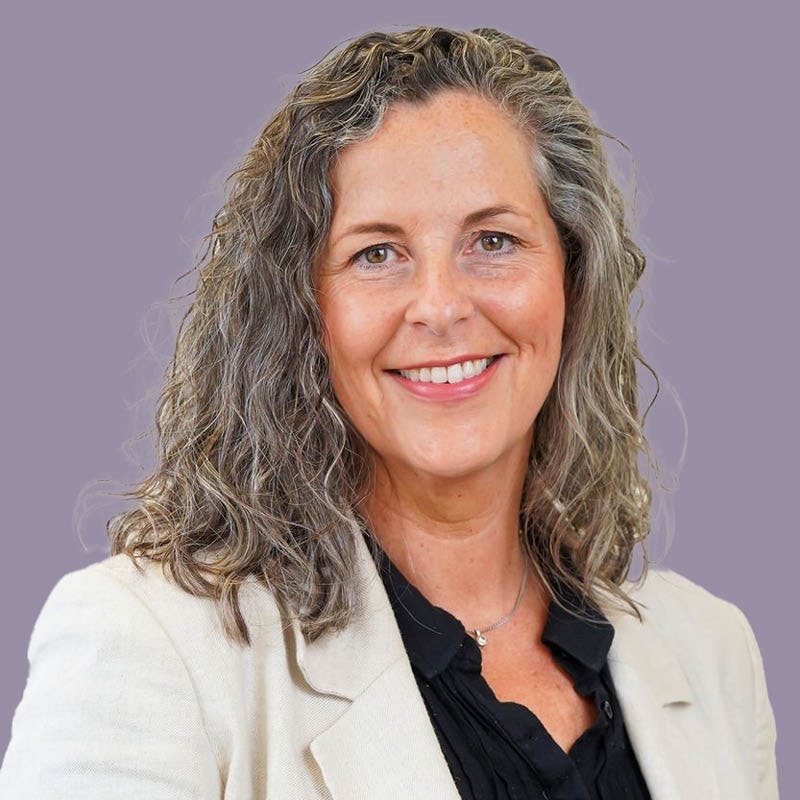Tragic clinical negligence case shows missed learnings on patient safety
By Suzanne Munroe
Patient safety and patient learning should be the cornerstone of any Clinical Negligence investigation. This is something that we believe is paramount in protecting access to justice, patient rights and in reducing claims.

The recent, tragic case of Hayden Nguyen – who sadly died within six days of his birth in 2016 – demonstrates a clear lack of the necessary safety and learning. Hayden’s heart failed as a result of a virus and his parents struggled to get any information on the cause of his death. They took legal action against the hospital in the hope of finding answers. After three years, the trust admitted liability for failing to treat Hayden’s condition adequately.
We can confirm that in our experience, this is not an isolated event. Unfortunately, clients tend to come to us when they have exhausted all avenues for complaints directly with the Trusts and other medical professional defendants. They have often been told that there was nothing more that could have been done in the care of either themselves or a loved one, or worse still, received no response whatsoever.
What this BBC article has highlighted today, is that time and time again there are opportunities for learning from such tragic mistakes, but due to the significant delays in concluding claims these fall by the wayside.
It is very easy to quote large figures that claimants receive in compensation and to also concentrate on the costs paid out to claimant solicitors in fighting for these sums for their clients. What we must never lose sight of is the fact that this compensation is not a windfall but is awarded to provide lifelong care, therapy, equipment and support for the victims of Clinical Negligence. These settlements are usually ratified by the courts as reasonable. It is essential to change defendant behaviour if we are to reduce the costs of litigating these claims – we need to come together to find a workable solution rather than simply quoting huge figures as headlines without the facts and data behind them.
We hope that this article shines a light on the delays caused to claimants with legitimate claims represented by specialist lawyers. It is in no one’s interest involved with these cases that they should go on for many years without an admission of liability or closure for families. We support the work of AvMA and APIL in bringing this to the fore.




